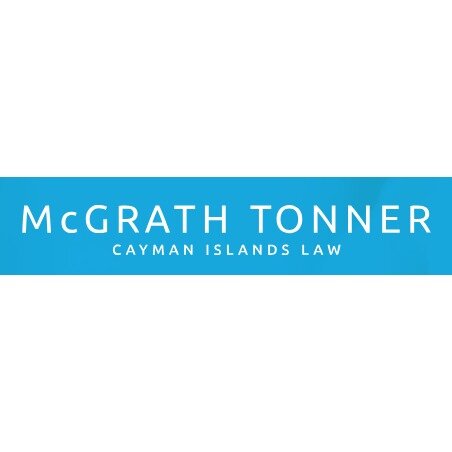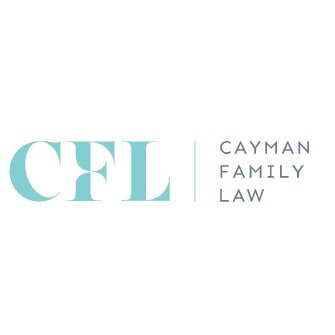Best Estate Planning Lawyers in George Town
Share your needs with us, get contacted by law firms.
Free. Takes 2 min.
List of the best lawyers in George Town, Cayman Islands
About Estate Planning Law in George Town, Cayman Islands:
Estate Planning in George Town, Cayman Islands involves the process of planning for the distribution of a person's assets upon their death. This can include making arrangements for the care of minor children, paying off debts, and ensuring assets are distributed according to the individual's wishes.
Why You May Need a Lawyer:
You may need a lawyer for Estate Planning in George Town, Cayman Islands if you have complex assets, wish to minimize estate taxes, want to ensure your wishes are legally binding, need to appoint a guardian for minor children, or want to protect assets from creditors.
Local Laws Overview:
In George Town, Cayman Islands, Estate Planning is governed by various laws and regulations, including the Trusts Law, the Wills Law, and the Probate and Administration Rules. It is important to understand these laws to ensure your estate planning documents are legally valid.
Frequently Asked Questions:
1. What is the difference between a will and a trust?
A will is a legal document that outlines how your assets will be distributed upon your death, while a trust is a legal arrangement where a trustee holds assets on behalf of beneficiaries.
2. Can I make changes to my will after it has been created?
Yes, you can amend or revoke your will at any time as long as you are mentally competent.
3. What is probate and do I need to go through it?
Probate is the legal process of validating a will and distributing assets. Whether or not you need to go through probate depends on the laws of George Town, Cayman Islands and the nature of your assets.
4. Are there estate taxes in George Town, Cayman Islands?
There are currently no estate or inheritance taxes in George Town, Cayman Islands.
5. How can I ensure my minor children are cared for if something happens to me?
You can appoint a guardian in your will to take care of your minor children in the event of your death.
6. What is a living will and do I need one?
A living will is a legal document that outlines your wishes for medical treatment if you are unable to communicate them yourself. It is recommended to have a living will as part of your estate plan.
7. Can I avoid probate with a trust?
Yes, assets held in a trust typically do not go through the probate process, making it a useful tool for avoiding probate.
8. How often should I update my estate plan?
It is recommended to review and update your estate plan every few years or after major life events such as marriage, divorce, birth of a child, or acquisition of significant assets.
9. Can I write my own will without a lawyer?
While it is possible to write your own will, it is highly recommended to seek the advice of a lawyer to ensure your will is legally valid and accurately reflects your wishes.
10. What happens if I die without a will?
If you die without a will, your assets will be distributed according to intestacy laws in George Town, Cayman Islands, which may not align with your wishes.
Additional Resources:
For more information on Estate Planning in George Town, Cayman Islands, you can visit the Cayman Islands Government website or contact the Cayman Islands Legal Practitioners Association for a list of qualified estate planning lawyers.
Next Steps:
If you require legal assistance with Estate Planning in George Town, Cayman Islands, it is recommended to schedule a consultation with a qualified estate planning lawyer who can guide you through the process and ensure your wishes are legally protected.
Lawzana helps you find the best lawyers and law firms in George Town through a curated and pre-screened list of qualified legal professionals. Our platform offers rankings and detailed profiles of attorneys and law firms, allowing you to compare based on practice areas, including Estate Planning, experience, and client feedback.
Each profile includes a description of the firm's areas of practice, client reviews, team members and partners, year of establishment, spoken languages, office locations, contact information, social media presence, and any published articles or resources. Most firms on our platform speak English and are experienced in both local and international legal matters.
Get a quote from top-rated law firms in George Town, Cayman Islands — quickly, securely, and without unnecessary hassle.
Disclaimer:
The information provided on this page is for general informational purposes only and does not constitute legal advice. While we strive to ensure the accuracy and relevance of the content, legal information may change over time, and interpretations of the law can vary. You should always consult with a qualified legal professional for advice specific to your situation.
We disclaim all liability for actions taken or not taken based on the content of this page. If you believe any information is incorrect or outdated, please contact us, and we will review and update it where appropriate.
















